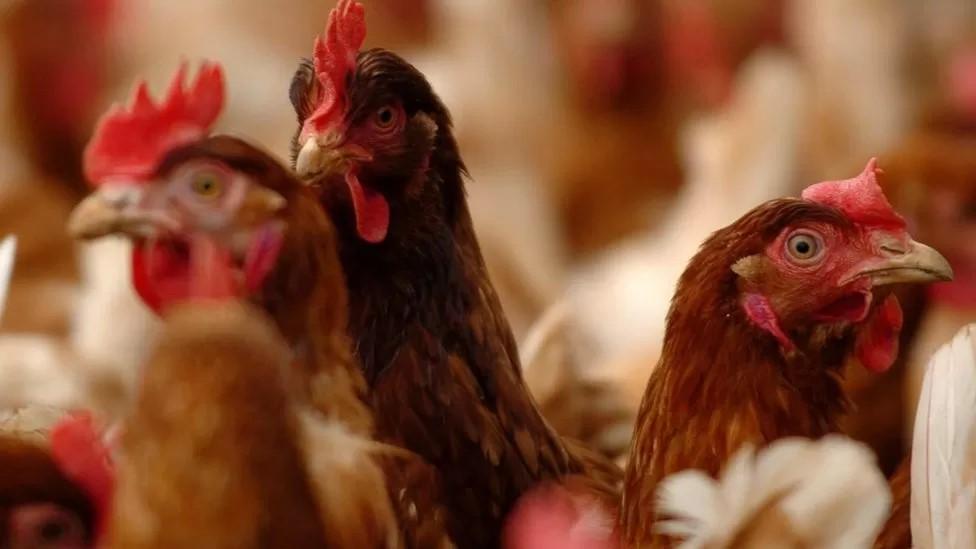Poultry firm calls for bird flu vaccinations
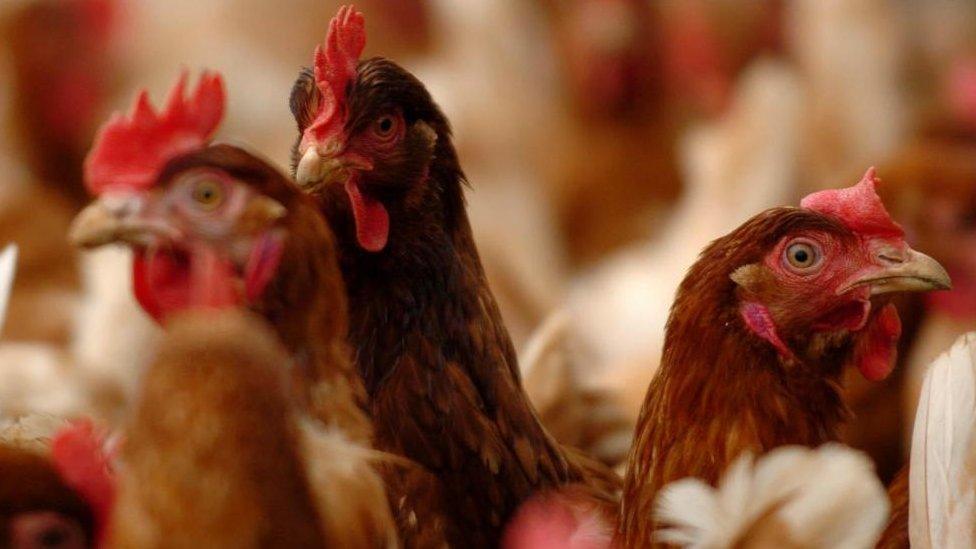
An Avian Influenza Prevention Zone (AIPZ) has been declared in England, Wales and Scotland
- Published
A poultry producer who has lost 100,000 birds to avian flu said vaccination was "the only solution" to the outbreak.
Great Britain has been declared an Avian Influenza Prevention Zone (AIPZ) following measures in Norfolk, Suffolk and Essex last month.
Mark Gorton, managing director of Traditional Norfolk Poultry, said this strain of flu was "extremely virulent and infectious".
The UK's deputy chief veterinary officer, Richard Irvine, said: "Vaccination is not part of the disease policy and approach."
The Department for Environment, Food and Rural Affairs said this was Britain's largest ever bird flu outbreak.
Norfolk, Suffolk and parts of Essex have had a spike in cases, with Norfolk the hardest hit, having at least 39 cases this month.
Within that county, the highest density was in the Attleborough area, which recorded 12 cases as of Thursday last week.
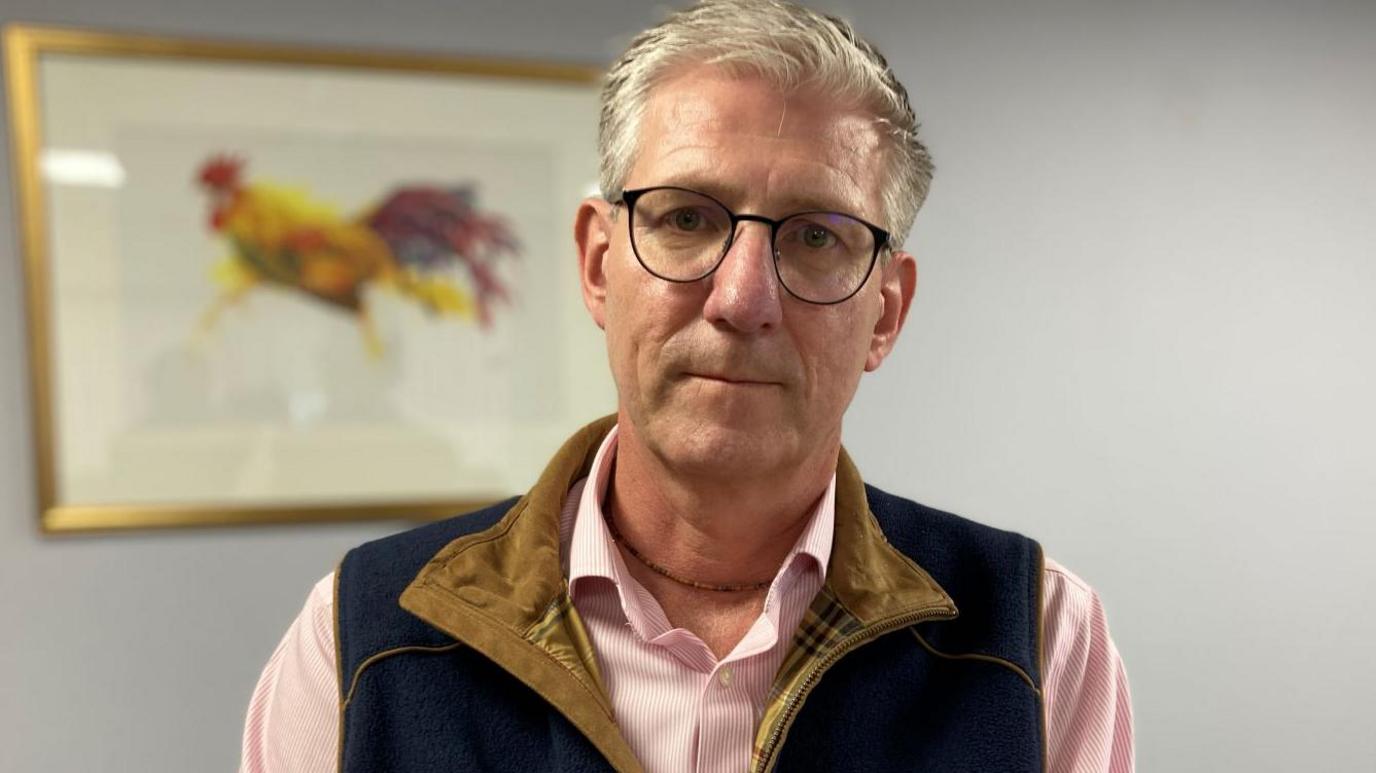
Poultry producer Mark Gorton said the outbreak had a "massive impact" on his business
Six of the outbreaks in Norfolk were on chicken and turkey farms run by Mr Gorton.
He said he lost 100,000 birds, which is 10% of his stock.
"We've never known it as bad as this... we just don't seem to be able to get it under control," he said.
Mr Gorton said avian flu would "normally die out over the summer but it's actually getting worse".
He said farms were "doing everything we possibly can" and needed to be allowed to vaccinate the birds.
The poultry producer said: "There are vaccines available, but unfortunately it is legislation that is preventing us from using them.
"Vaccination is the only solution. We vaccinate our chickens against diseases that historically would have wiped them out - [avian flu] will be the same once we're allowed to use the vaccine."
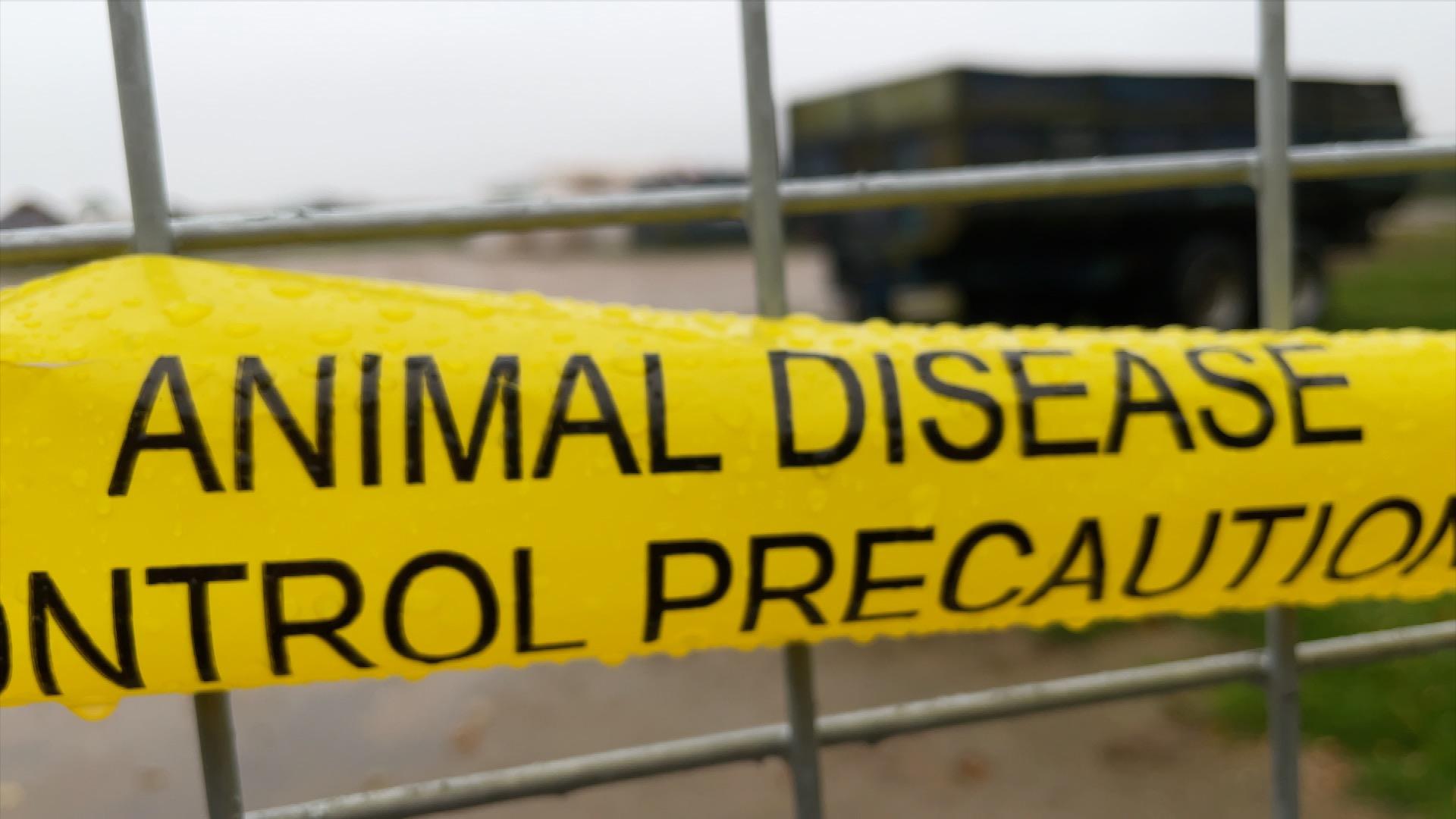
All birdkeepers are legally required to keep their flocks indoors and follow stringent biosecurity measures
Mr Irvine, the UK's deputy chief vet, said "scrupulous biosecurity was needed to protect birds" from avian flu.
He said discussions were ongoing "at an international level" about the use of vaccines.
Mr Irvine also said there was "work on science behind vaccines and bird flu" under way.
He said the government would need "the answers from the science and at an international level to consider the feasibility... of the use of vaccines".
Mr Irvine added a particular issue was "how well the vaccine matches the virus that is circulating and infecting birds".
Find BBC News: East of England on Facebook, external, Instagram, external and Twitter, external. If you have a story for us, email eastofenglandnews@bbc.co.uk, external
- Published17 October 2022
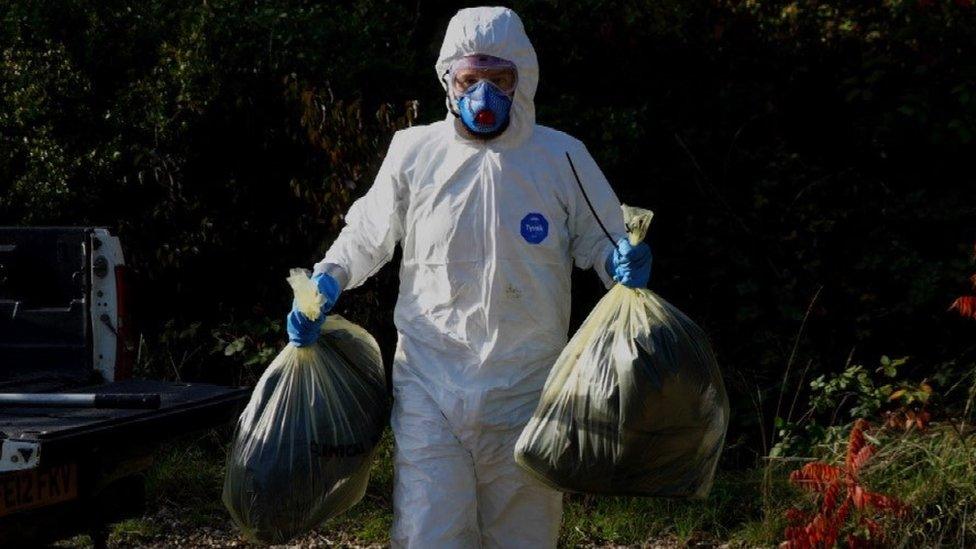
- Published14 October 2022
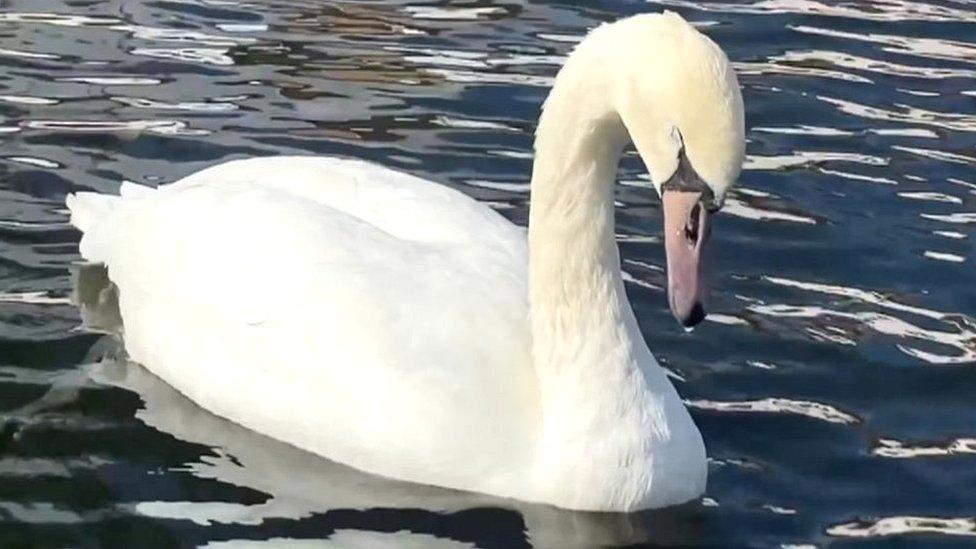
- Published12 October 2022
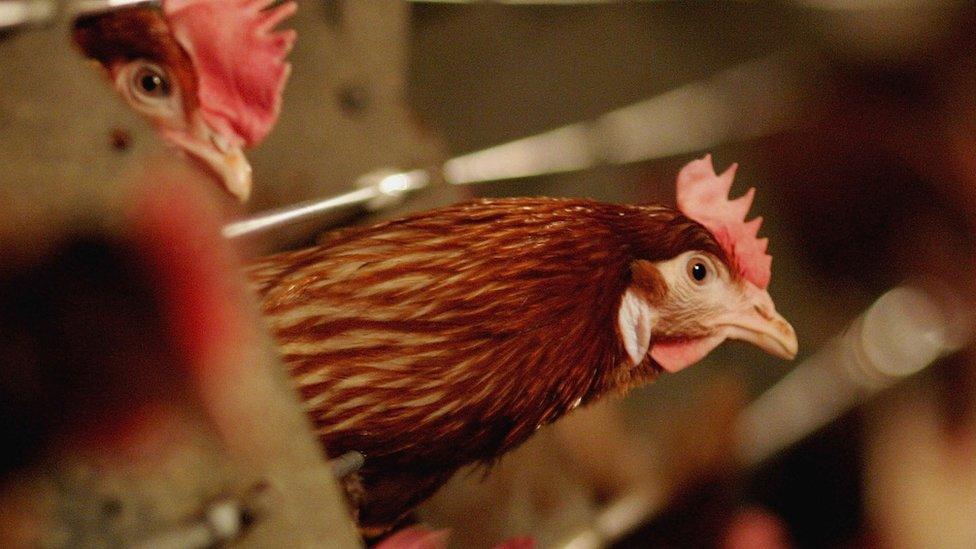
- Published11 October 2022
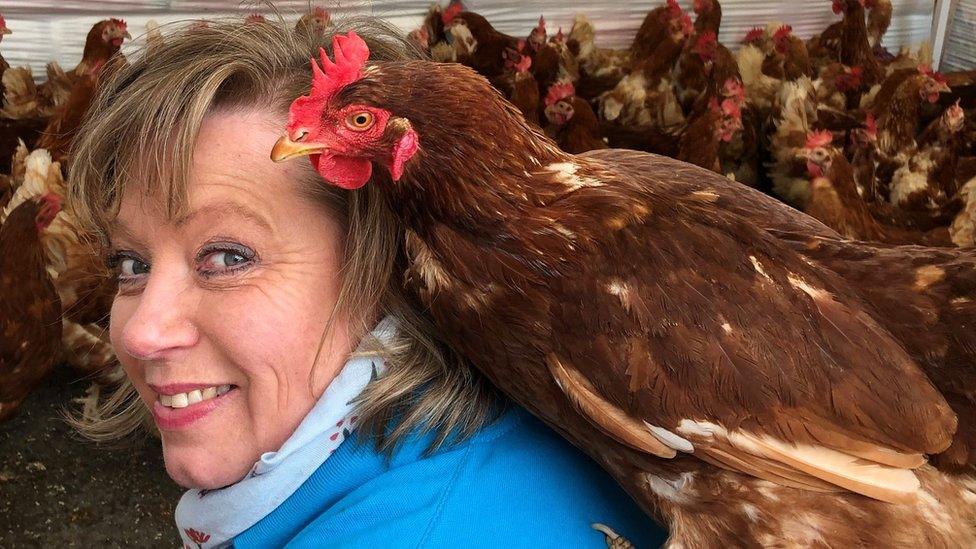
- Published3 October 2022
